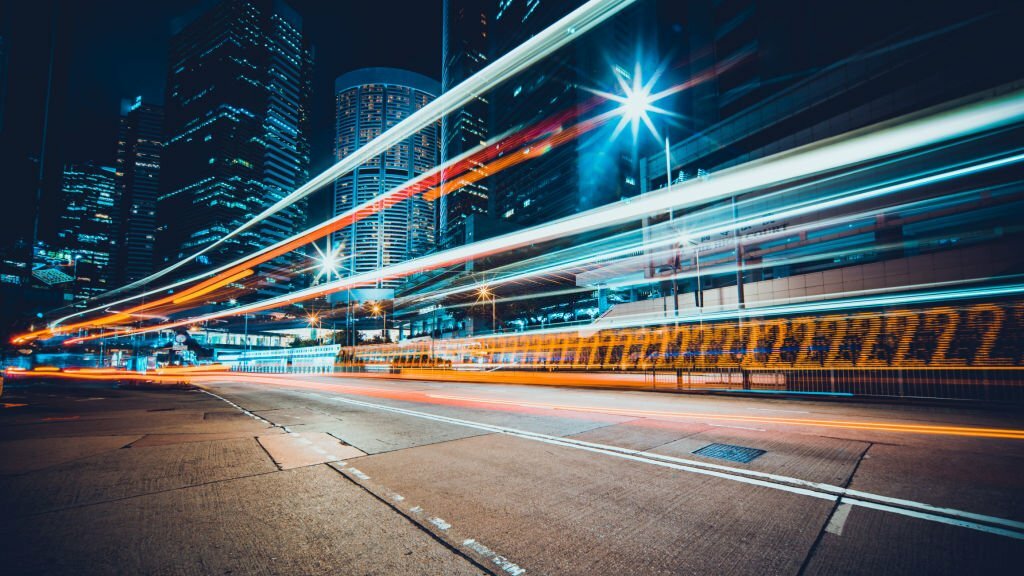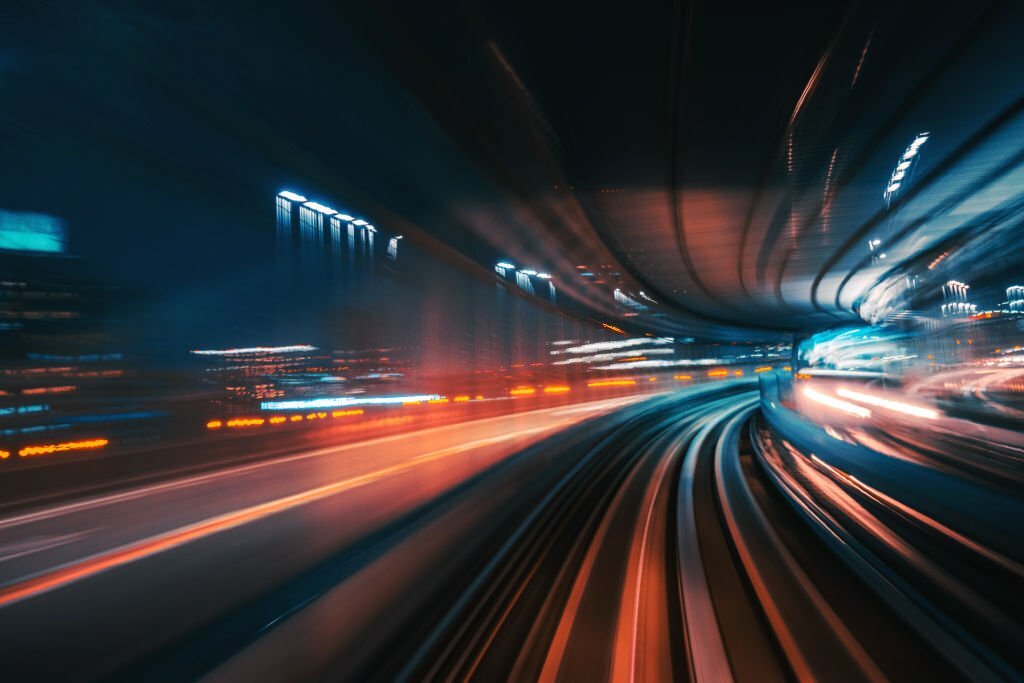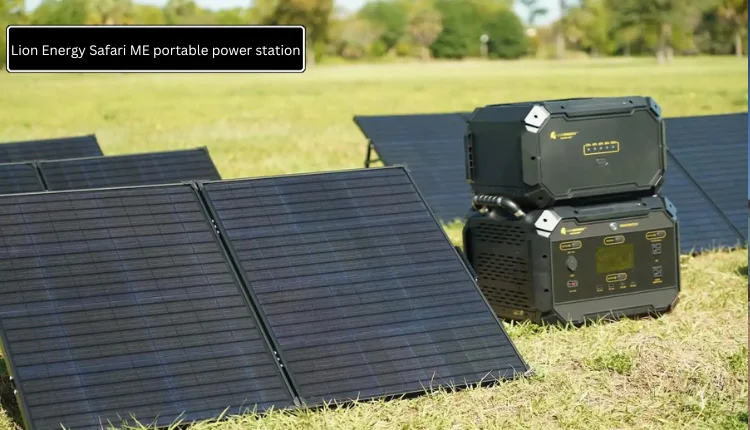Table of Contents
Wondering what happens if you travel at the speed of light for 5 years? Explore the fascinating world of relativistic travel, time dilation, and cosmic wonders in this informative article.
Have you ever pondered the mind-boggling question: “What happens if you travel at the speed of light for 5 years?” The concept of traveling at such an extraordinary velocity is a thrilling journey through the realm of theoretical physics, space exploration, and the wonders of the universe. In this comprehensive guide, we will delve into the fascinating world of relativistic travel, time dilation, and the cosmic wonders that await at the speed of light.
| Question | Answer |
|---|---|
| What are the effects of light-speed travel? | Time slows down; Length contracts; Mass increases; Infinite energy required. |
Understanding the Speed of Light
Before we embark on this exhilarating thought experiment, let’s grasp the fundamental concept of the speed of light. The speed of light, denoted by ‘c,’ is approximately 299,792,458 meters per second (or about 186,282 miles per second). It is the cosmic speed limit, beyond which nothing with mass can accelerate to or surpass. At this speed, time and space behave in peculiar ways, and our journey into the unknown begins.
Time Dilation: A Journey Through Relativity
Time Warp at Light Speed
When you travel at the speed of light, an incredible phenomenon occurs – time dilation. According to Einstein’s theory of special relativity, time slows down for objects in motion relative to an observer at rest. As you approach the speed of light, time itself begins to stretch, and the universe around you changes.

The Twin Paradox Unveiled
One of the most famous thought experiments related to time dilation is the Twin Paradox. Imagine one twin embarks on a space journey at light speed while the other remains on Earth. When the traveling twin returns, they will have aged significantly less than their Earth-bound sibling. This paradoxical consequence of time dilation showcases the profound effects of traveling at the speed of light. Great post to read Simply Lemonade Nutrition Facts.
Cosmic Exploration at Light Speed
Our Galactic Odyssey
As we continue our hypothetical journey, we encounter extraordinary cosmic sights. The Milky Way, a barred spiral galaxy, would appear distorted and compressed due to the relativistic effects. The stars and celestial bodies in the night sky would become a breathtaking blur of colors.
Interstellar Travel and Beyond
Traveling at light speed, we would venture beyond our galaxy into the vast expanse of interstellar space. The journey would lead us to distant star systems, each with its own unique set of wonders. Planets, nebulae, and black holes would become our companions on this interstellar odyssey.
The Practical Limitations
The Challenge of Acceleration
While our theoretical exploration is captivating, there are practical challenges to consider. To accelerate a spacecraft to the speed of light, an enormous amount of energy would be required. Current technology is far from achieving this feat, and the energy source needed is beyond our current understanding.
The Relativity Barrier
As we approach the speed of light, the energy required to accelerate further increases exponentially. This results in a practical limit that makes reaching light speed a formidable challenge.
What if we could travel at the speed of light
| What if we could travel at the speed of light? | Short answer |
|---|---|
| Could we explore the universe? | Yes, we could travel to any point in the universe instantly. |
| Would we experience time differently? | Yes, time would pass more slowly for us than for people on Earth. |
| Would we encounter any challenges? | Yes, we would need to develop a way to protect ourselves from the extreme forces of traveling at relativistic speeds. |
| Would it be possible to travel faster than light? | No, according to the laws of physics, it is impossible to travel faster than the speed of light. |
If you travel at the speed of light for 5 years physics
Certainly, here’s the information presented in a table format:
| Characteristic | Effect |
|---|---|
| Time Dilation | Time passes more slowly for you compared to people on Earth. For example, if you travel at light speed for 5 years, only about 1 year passes on Earth. |
| Length Contraction | Objects in the direction of travel appear shorter. For instance, the distance between stars seems shorter when traveling at light speed. |
| Relativistic Mass Increase | Your mass increases as you approach light speed, making acceleration and deceleration more difficult. |
| Infinite Energy Required | Physics dictates that an infinite amount of energy is needed to accelerate an object to the speed of light. |
People also ask
How many years pass if you travel at the speed of light?
If you travel at the velocity of mild, time dilation occurs. This approach is that time passes more slowly for you than for human beings on Earth. For example, in case you travel at the speed of light for 5 years, approximately 1 12 months would have exceeded on Earth.
What if I travel at the speed of light for one year?
If you were to travel at the speed of light for one year, when you return, less than a year would have passed for you, while significantly more time would have passed on Earth.
Would you age if you traveled at the speed of light?
Yes, you would still age, but at a significantly slower rate compared to people on Earth due to time dilation.
Can you go back in time if you travel at the speed of light?
Traveling at the speed of light does not assist you to pass back in time; it handiest impacts the charge at which era passes for you, inflicting you to age more slowly relative to those at relaxation.




